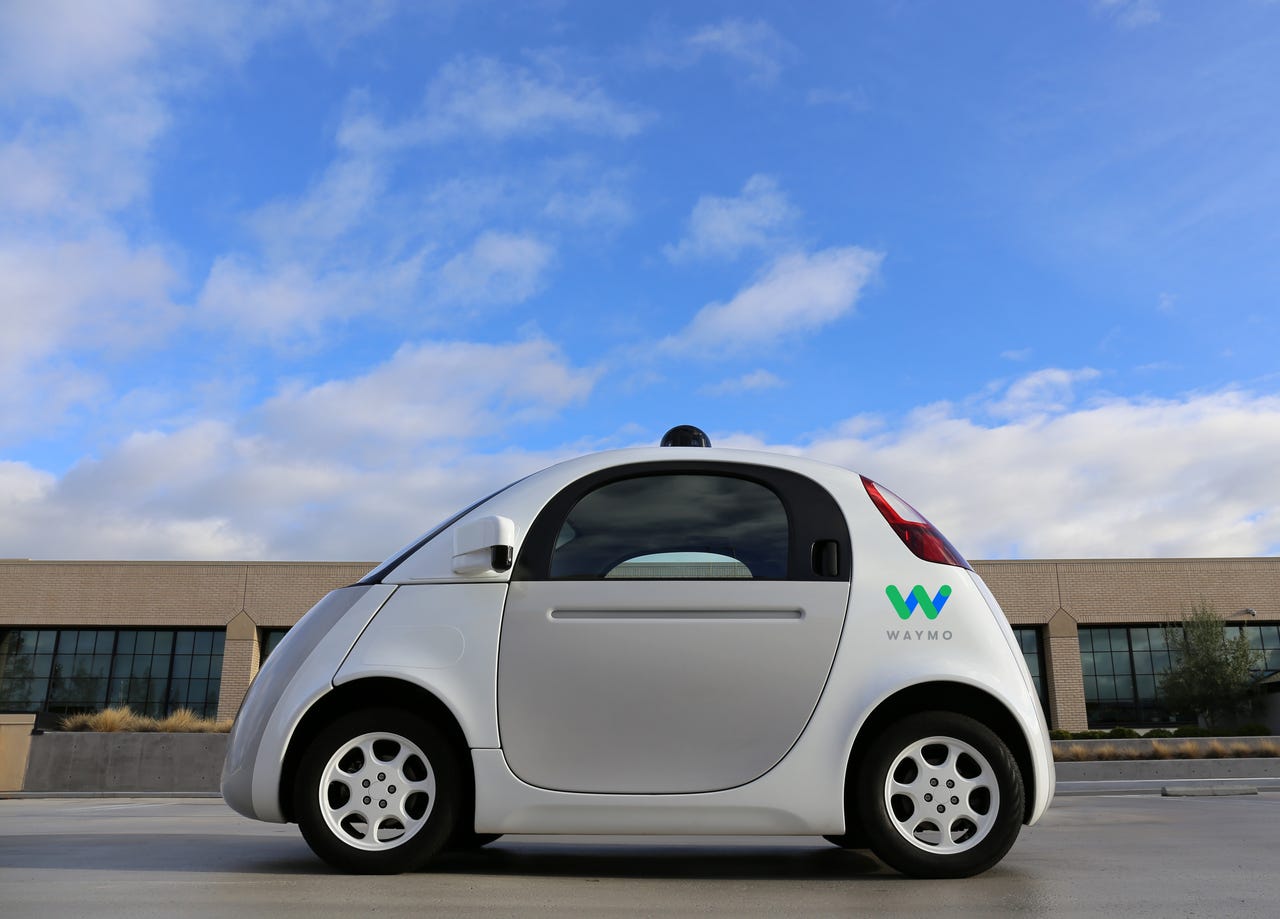Book review: Are we nearly there, yet? How autonomous driving will change the world


A Waymo Reference vehicle. Google was one of the pioneers of self-driving cars and is featured in the book. Google's autonomous driving operations are now concentrated in the Waymo division of Alphabet.
Self-driving cars are likely to change the world dramatically in ways that few people expect, and you will miss them if you only focus on the autonomous driving part.
This should not be surprising. When automobile engines started to replace horses, nobody really foresaw the consequences either. How many people expected thousands of miles of multi-lane highways, strip malls, drive-in cinemas and restaurants, three-hour gridlocks, and cities that devote around 40 percent of their space to roads and parking places, not to mention the tens of thousands of annual deaths or the atmospheric pollution.
Cars have obviously had a massive financial impact on the countries that make them, but they have also become cultural icons. The Volkswagen Beetle is as German as the Volvo is Swedish, the 2CV is French, the Rolls Royce is British, and the Trabant was East German. For individual buyers, cars are not just a means of transportation, they are social spaces, fashion statements, and sometimes ostentatious displays of wealth.
As things stand today, cars spend around 95 percent of their time parked. If we had fleets of autonomous cars to ferry people around cities, people wouldn't need their own cars. This would dramatically reduce the amount of traffic on the roads and free up vast amounts of parking space for better uses.
Autonomous cars could be smaller, lighter and cheaper to run, and would produce less pollution. Many if not most people wouldn't need to own a car at all. This would save them the purchase price, the insurance payments and the service costs, which could be like getting a 10 percent pay rise, or more.
Better still, autonomous cars will be safer. They won't be 100 percent safe, because nothing is. However, most road accidents are caused by drunk driving or by driver distraction, for whatever reason. You might be sending a text message or arguing with a spouse or child, or just fall asleep at the wheel. Things like this increase the chances of you being killed or injured on the roads. Autonomous cars don't make those mistakes, though cybersecurity will certainly be a challenge.
Autonomous Driving: How The Driverless Revolution Will Change The World (Emerald Publishing, £19.99) goes into all this and more in its 39 chapters and 445 pages. Unlike me, it does this methodically, with separate sections that include Impact on Customers, Impact on Vehicles, and Impact on Society. This leads to some repetition, but it also means you can read sections and most chapters separately. You don't have to read it from beginning to end. It's a good book to dip into, and there are lots of box-outs to provide alternative views from other contributors.
There's relatively little technical coverage autonomous driving, which is probably no bad thing as it would rapidly go out of date.
It's not clear which of the three authors - Andreas Herrmann, Walter Brenner, and Rupert Stadler - wrote which parts, if that's how it worked. Either way, the style is somewhat impersonal and rather dry when it could have been racy and anecdotal. Well, all three authors are all professors at the University of St Gallen, which describes itself as "Switzerland's Leading Business University", and they reference 150 background papers.
However, the topic itself is so compelling - and its implications so transformational - that the book is always interesting. Even if you don't drive (I don't drive) and don't much care about driverless cars, they are probably going to change your world in ways you do not yet understand. Which is just what the horseless carriage did.